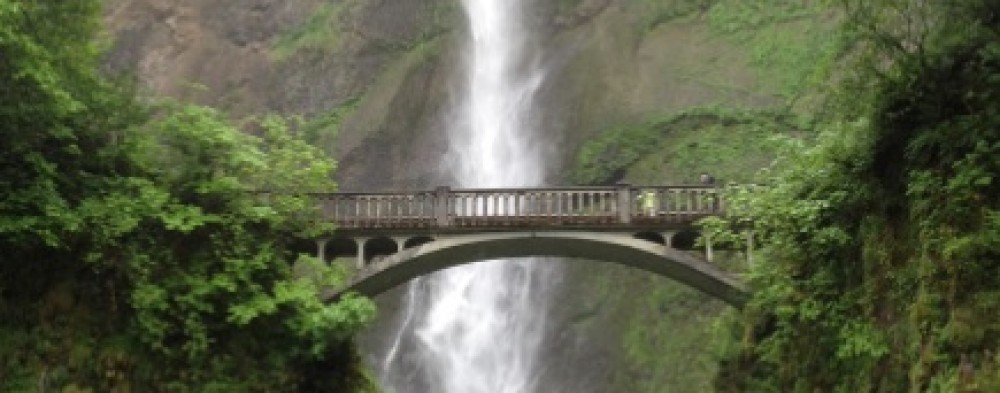What is an Economy? What is ‘How do I Manage Life’?
The word economy or economics would hardly be most people’s first choice for a topic of conversation. Beyond the simple comment of noting the economy is or isn’t looking good right now, few of us have any deep understanding of the economy; seeing it as topic for the ‘experts’ to take care of and keep it functioning. Yet, as we emerge from the deepest recession since the 1929 Great Depression, there is currently no topic more vital if we are to step into managing the current crisis.
Economy, as defined by Webster’s Dictionary means “management of life or management of the household”. While many think of economics as this big thing that corporations and governments create, in reality, an economy is simply how we manage the ordinary business of our lives. Because so few of us understand what an economy really is, we tend to passively accept that whatever others say the economy is we just have to agree. As you’re about to see, we all have the ability to participate in the creation of this thing called an economy. And it’s time we all woke up and get involved.
But getting back to its origins, the term “Home economics” reflects this household management perspective. This definition, written in the 1700s reflected the reality that home was the center of our lives and ‘management of the home’ was the work that required the majority of our time.
The first transition away from this home-based economy began in the late 1800’s. Today, the term home economics is rarely heard and instead the term “Consumer education sciences” has replaced it. This reflects the shift of economics too as we moved from the Agricultural/home based activities to the Industrial & Service/consumer activities. Now, the economy is focused not on what goes on in the home as much as what is consumed in terms of products and services. Economists of the 20th century have turned the economy—management of life/household into a science called economics to which they now measure the work activities connected to Industrial production and consumption. As a result, any of us born since 1940 have learned to see the economy under this spotlight of production and consumption instead of what our 19th century ancestors saw—management of the home.
This shift shows that an economy is an ever-changing entity. From the Agricultural/home based economy to the Industrial & Service /Consumer economy, we have most recently moved into a Knowledge/Service economy. Barely a decade old, this Knowledge/service economy has as of yet, impacted just a small portion of the population.
At the same time, the Knowledge/Service economy has exposed an imbalance that is proving to be quite unsettling because a Knowledge/Service economy does not perform like a consumer economy. It’s a square peg in a round hole. And while we’ve tried to make it fit, we are beginning to recognize we are now entering the next major transformation of the economy. We are choosing to use the term an Integrative economy as a way to describe it. This next economy will be less about measuring production and consumption of products and more about measuring activities related to quality of life services—medicine, education, technology, financial/insurance services, creative industries like entertainment, arts, travel and other services that help us live our lives more fully.
Some are beginning to call the current economy a ‘new normal’, ie., less consumption, less wealth etc. The implication is that the new normal is less but we challenge it is merely different, not less. And in fact, it has the potential to be much better.
This change of the economy reflects the on-going transformation of the human journey. As we’ve learned more, as technology and machines have replaced a lot of the work once done by humans, we’ve actually been able to transform our economy into this latest stage. The confusing part for many however is that we’ve all been raised to know and understand how the Industrial & Service/consumer economy works, we have very little experience as to how a Knowledge/Service or what we are calling an Integrative Economy works. Likely our forefathers of the late 1800s felt the same way as they looked from their farms to see factories rise all over the landscape. As we look out into the 21st century, it too will look very different than what we saw for the last century.
So, what is an economy? It is an evolving construct dependent on the times and activities of humans. In the 21st century, the economy is about managing quality of life for humans. An Integrative Economy is not about machines but about minds being tapped to reach their highest potential in order to create a high quality of life. Interestingly however, we’re also discovering that this means including the planet as part of this management because without a healthy planet, our quality of life is threatened. This new economy will require us to significantly reassess what we measure in our economy and how. That is the challenge ahead of us now.
We’re up for this challenge. As history has shown, humans have changed the economy several times over the last several thousand years. It’s now time for us to release our attachment from the current economy in order to create the next economy knowing, as history has proved, that the results can be amazing.
